We’re excited to introduce you to the always interesting and insightful Emily Rena Williams. We hope you’ll enjoy our conversation with Emily below.
Emily, looking forward to hearing all of your stories today. Can you share a story about the kindest thing someone has done for you and why it mattered so much or was so meaningful to you?
My current body of work requires a lot of travel. I’m in graduate school, working with a graduate school budget. The very first long-term road trip I went on for this project was in the summer of 2022. I was super nervous to be traveling for a month and a half alone, especially because I was planning on camping most nights so I could stay within my budget. The very first day I met up with a couple who I’d been put in touch with by a mutual friend who I was supposed to interview in Meridian, Mississippi. They showed me around and brought me to the local synagogue so I could photograph. They were really generous with their time, and shared their stories with me. Over dinner, they asked where I was staying. I told them I had been planning to camp. It must have been like 100 degrees out at the time, it was July in Mississippi. They wouldn’t have it. They said something along the lines of “If you really need to camp, you can camp on our farm, but we also have a guest bedroom.” I opted for the guest bedroom.
I’ve had so many similar experiences in other towns I’ve visited. The Southern Jewish community is unbelievably kind and generous. Not only have people been so willing to share their stories and show me around local Jewish sites, but they treat me like family. That’s something I’ll always be grateful for.
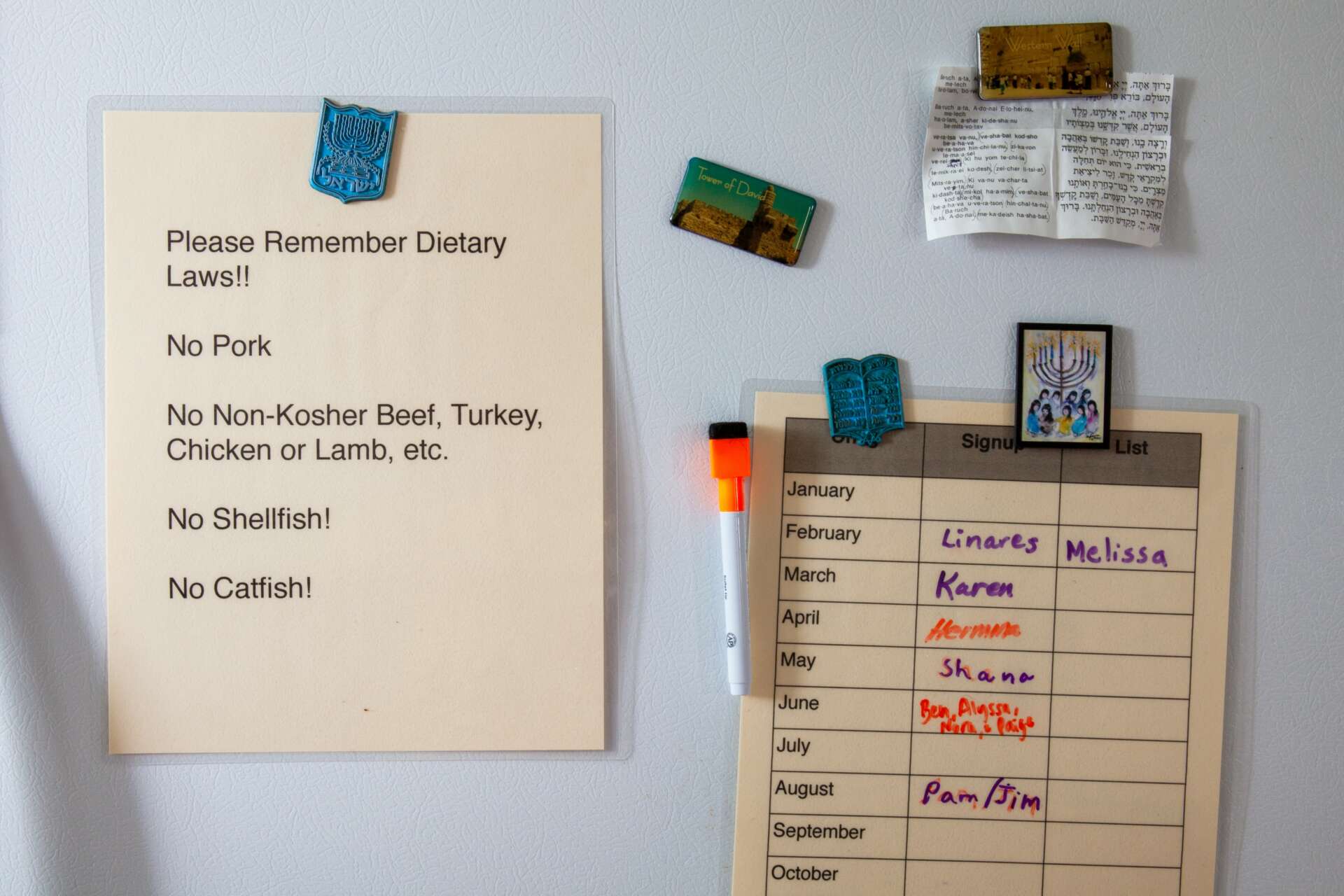
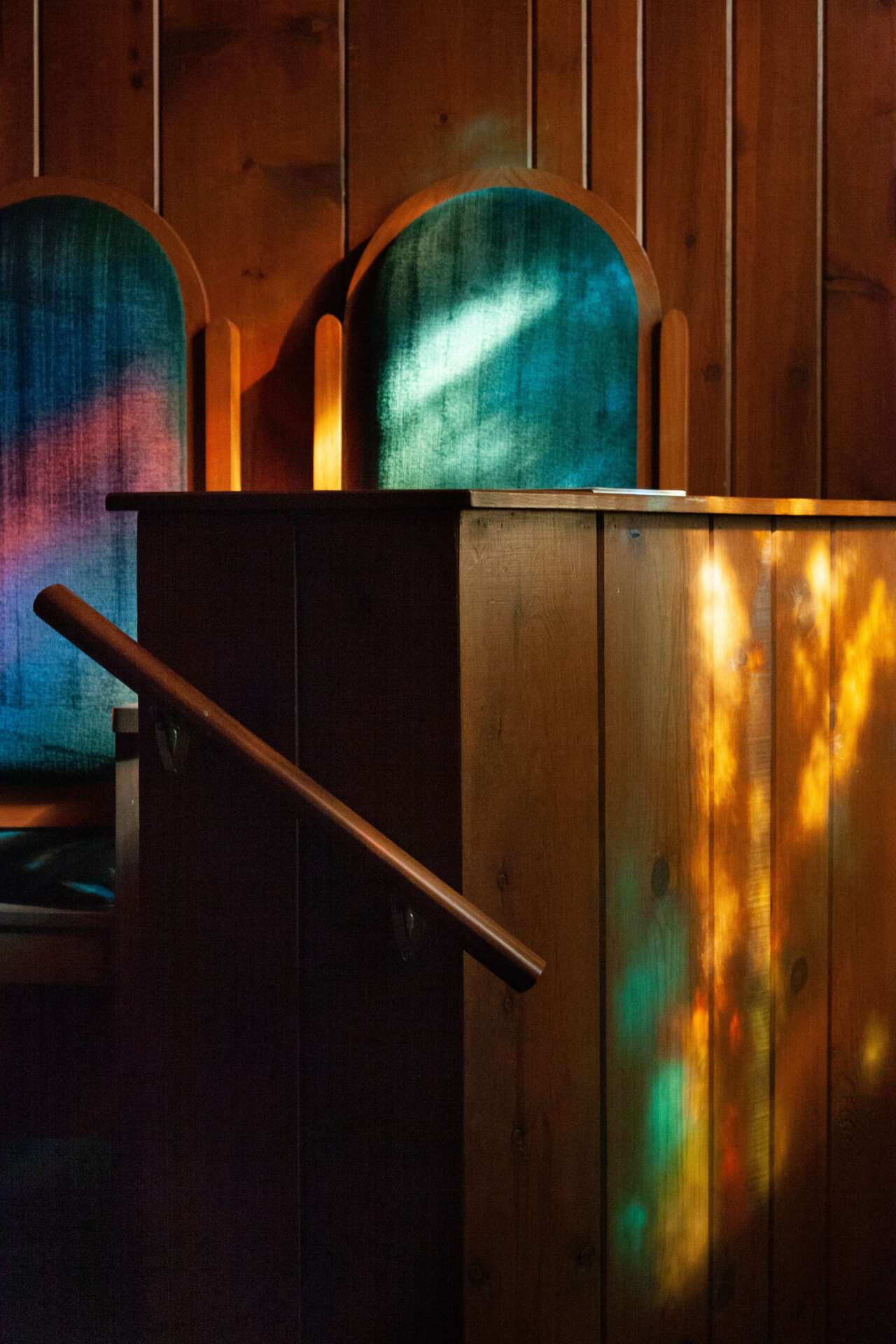
Great, appreciate you sharing that with us. Before we ask you to share more of your insights, can you take a moment to introduce yourself and how you got to where you are today to our readers.
I am an artist and photographer based in Baton Rouge, Louisiana. I’m interested in investigating the intersections of memory, place and identity through photography, writing, and audio. I hold a BA in fine arts and history from Haverford College and I’m currently a third year MFA candidate in photography at Louisiana State University.
My ongoing body of work, We had to know who we were; We had to know who we weren’t, examines the contemporary and historical Jewish experience in the rural and small town Deep South through photography and oral history interviews. I road trip solo a lot for the work, which has been a really profound experience. To date, I’ve visited over 50 towns in Texas, Louisiana, Mississippi, Alabama, and Georgia to document Jewish sites and interview Jewish residents.
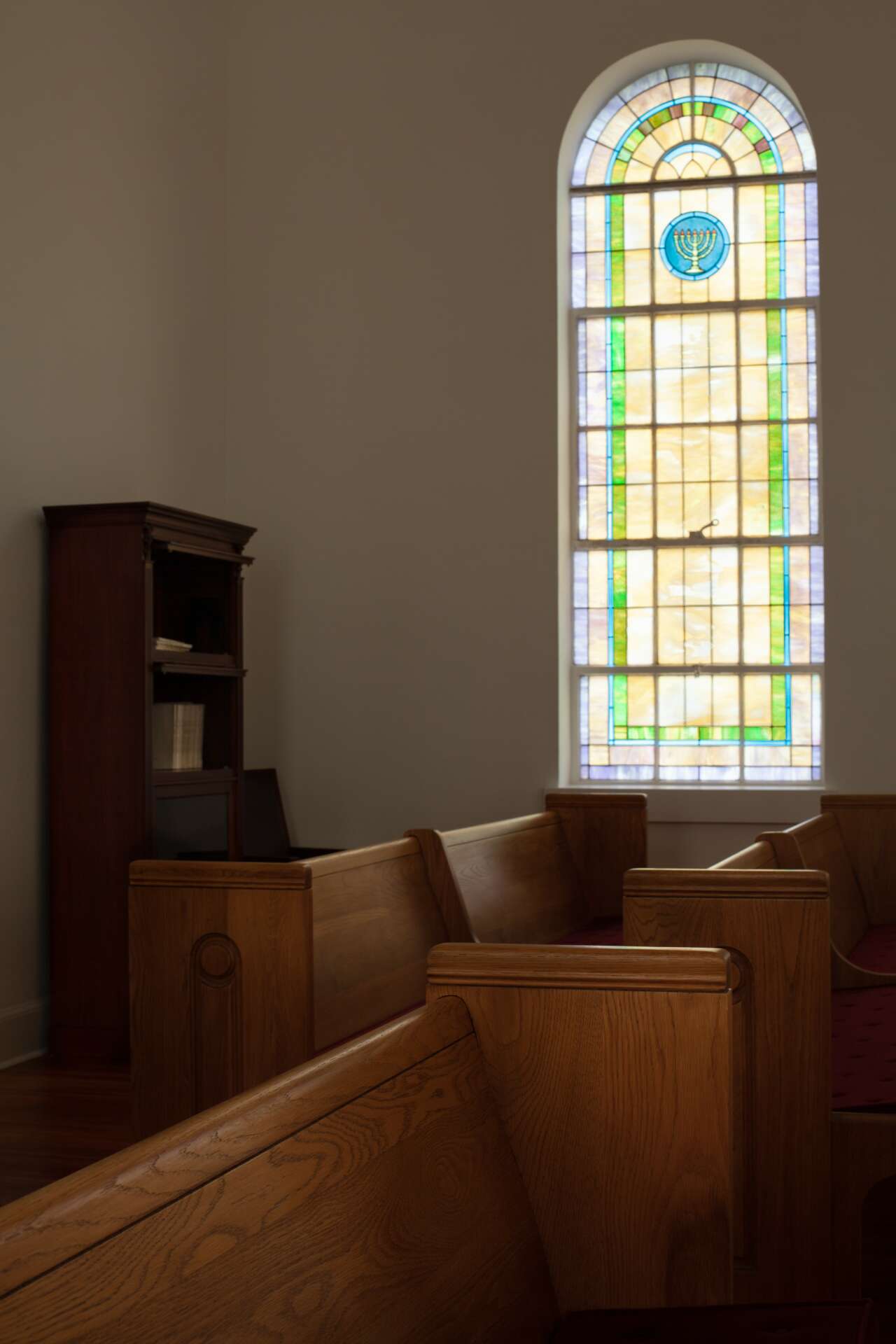
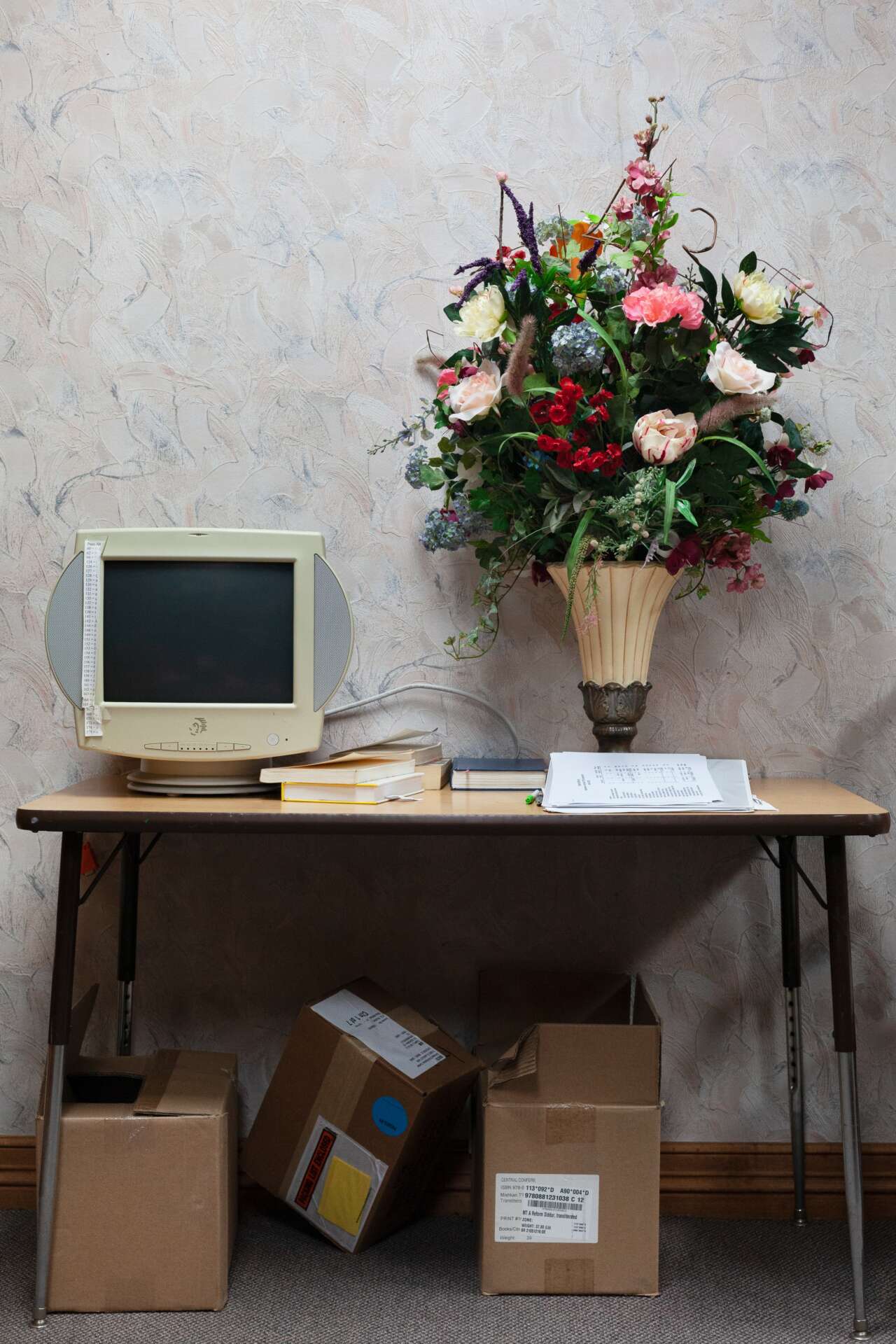
Is there mission driving your creative journey?
When I moved to Oxford, Mississippi for my first semester of graduate school in the fall of 2021, it was really shocking. I’d only really lived in big cities, with big Jewish communities. Oxford is this tiny little town in North Mississippi. There’s no synagogue, no kosher section of the grocery store, and very few Jewish residents. I felt like I was constantly explaining myself. We’re a really small population, only 0.2% of the world, so it wasn’t the first time I’d been in a situation like that, but in the past, it had always been temporary. In Oxford, it was constant. While there, I found out about historic Jewish communities all around the Mississippi Delta, not too far away. I subsequently found out that there had been, and in some places continues to be, a Jewish presence in a lot of small southern towns. I started to wonder what it would have been like to grow up Jewish in the rural South, and also wonder why I’d never learned about these communities before.
My junior year of college, I read Silencing the Past by Michel-Rolph Truillot. Truillot writes about “silences in the archive,” which is something I’ve thought about a lot since reading his work. By the time I transferred to Louisiana State that spring, I had decided to fully pursue this project. I want to try to fill that silence in the archive with the voices of people who are deeply rooted in this place, but really frequently overlooked. Now I’ve been doing it for almost two years. I’ve been really moved by everyone I’ve met and who shared their story with me. I think of the work as a collaboration between myself and everyone living in these places, and I’m really grateful for them. I want to share and elevate the stories of my community in this region, and feel really lucky to be in a position to do so.
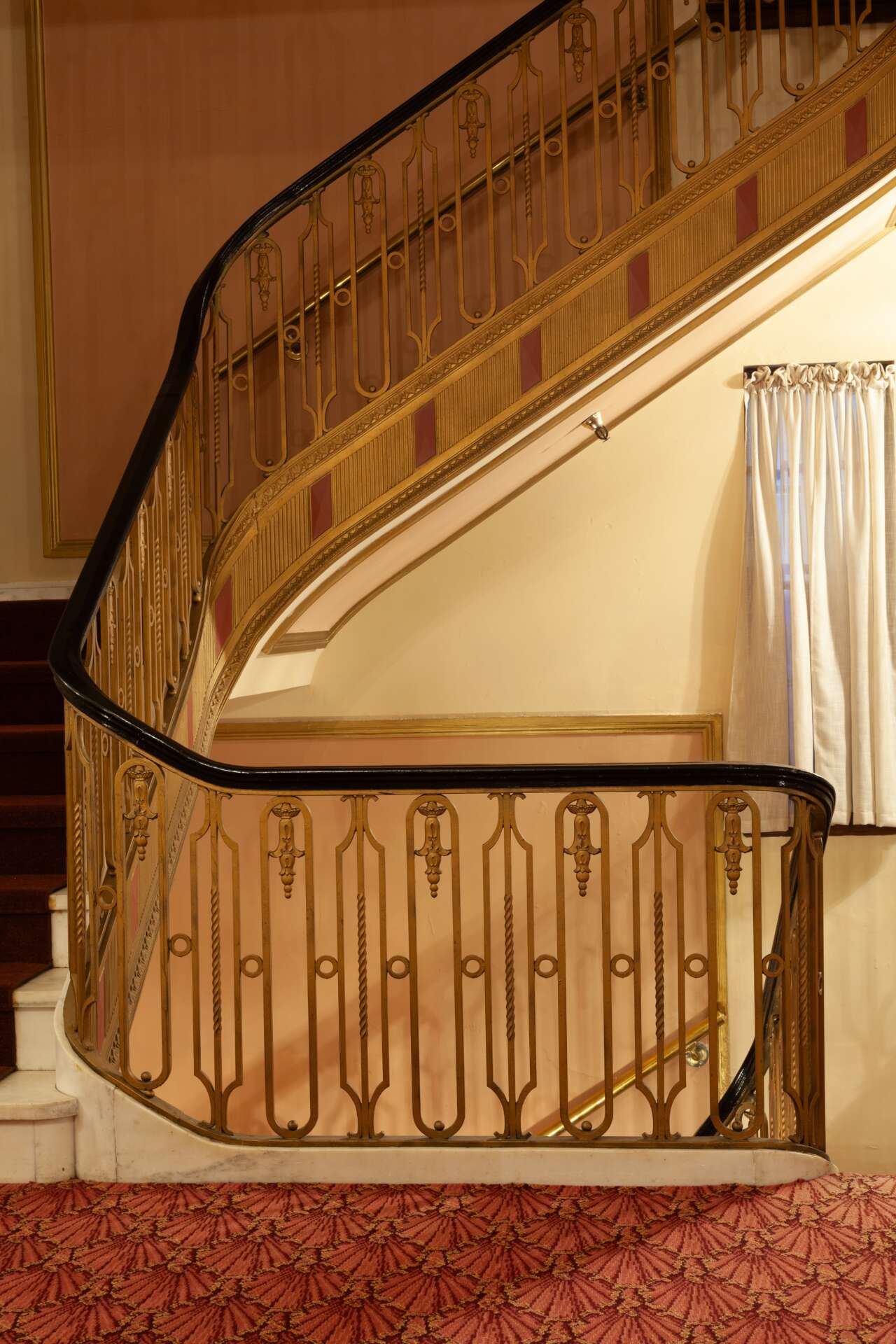
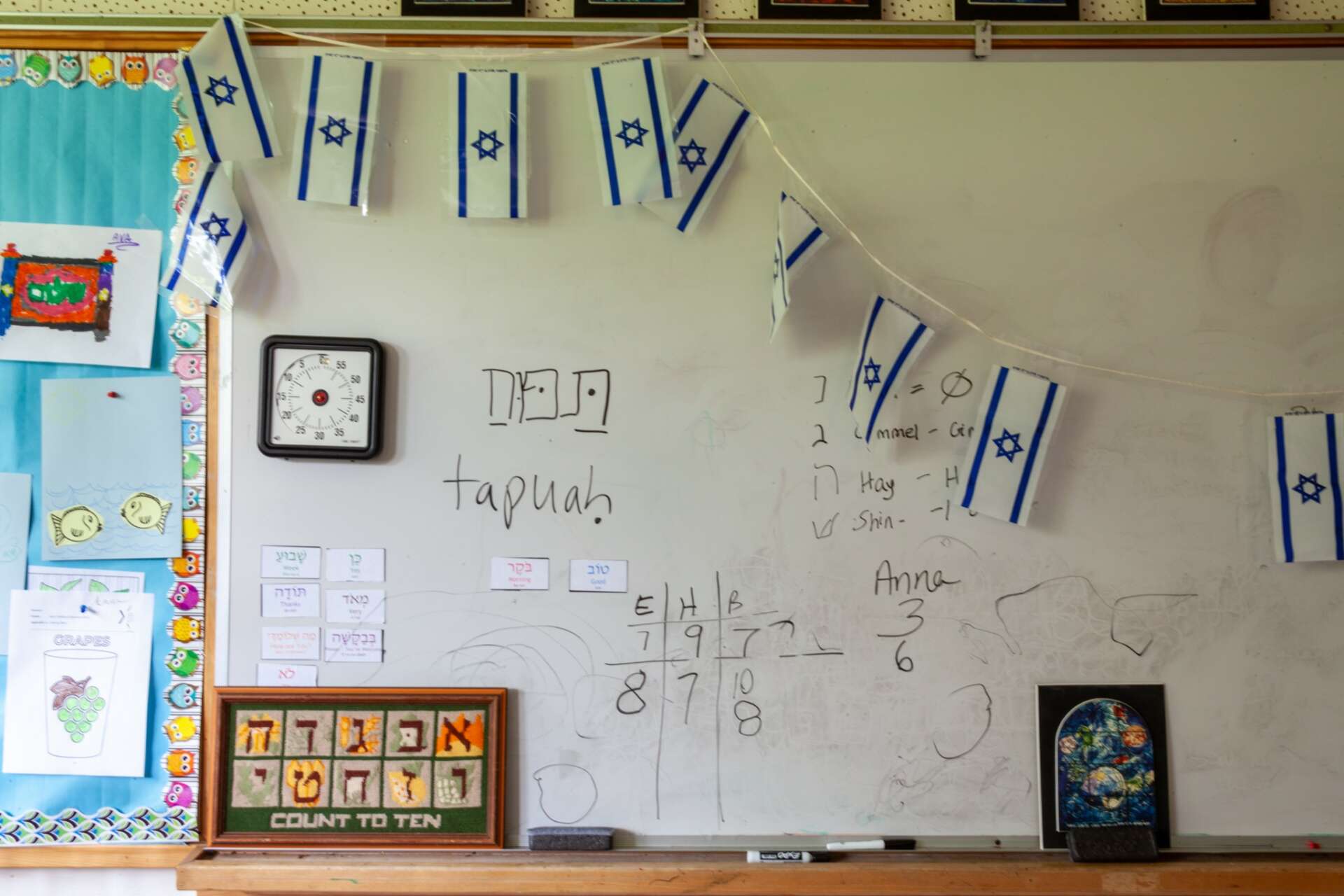
Learning and unlearning are both critical parts of growth – can you share a story of a time when you had to unlearn a lesson?
I think the hardest lesson to unlearn was in the way I make my work. I’ve had to learn how to make work for myself, not my professors, and allow myself to fail.
Growing up, grades always felt really important. I needed to get an A, and anything less felt like a failure. I didn’t start photographing until I was a sophomore in college, and by that time I was 20, and had been operating in the same way my whole life. I translated that mindset into my creative pursuits, but photography isn’t a math test, there’s no one right answer. I ended up making work I thought my professors wanted, and I was really afraid to experiment, fail, or try anything new. I think it was really detrimental. My voice often got lost, and I worked in the same way for a long time. These last couple of years have been a process of unlearning those fears, learning how to experiment, learning to fail, and learning to being ok with it. It’s also been a process of learning to make the work I think is important, not what I think someone else in a position of authority wants. Not everyone is going to like my work, but that doesn’t mean it lacks merit. I still really value people’s feedback and look to my mentors for guidance, but I’m making work for myself now. It’s been a long, slow process, and I think I’m still unlearning, but it’s been really freeing.
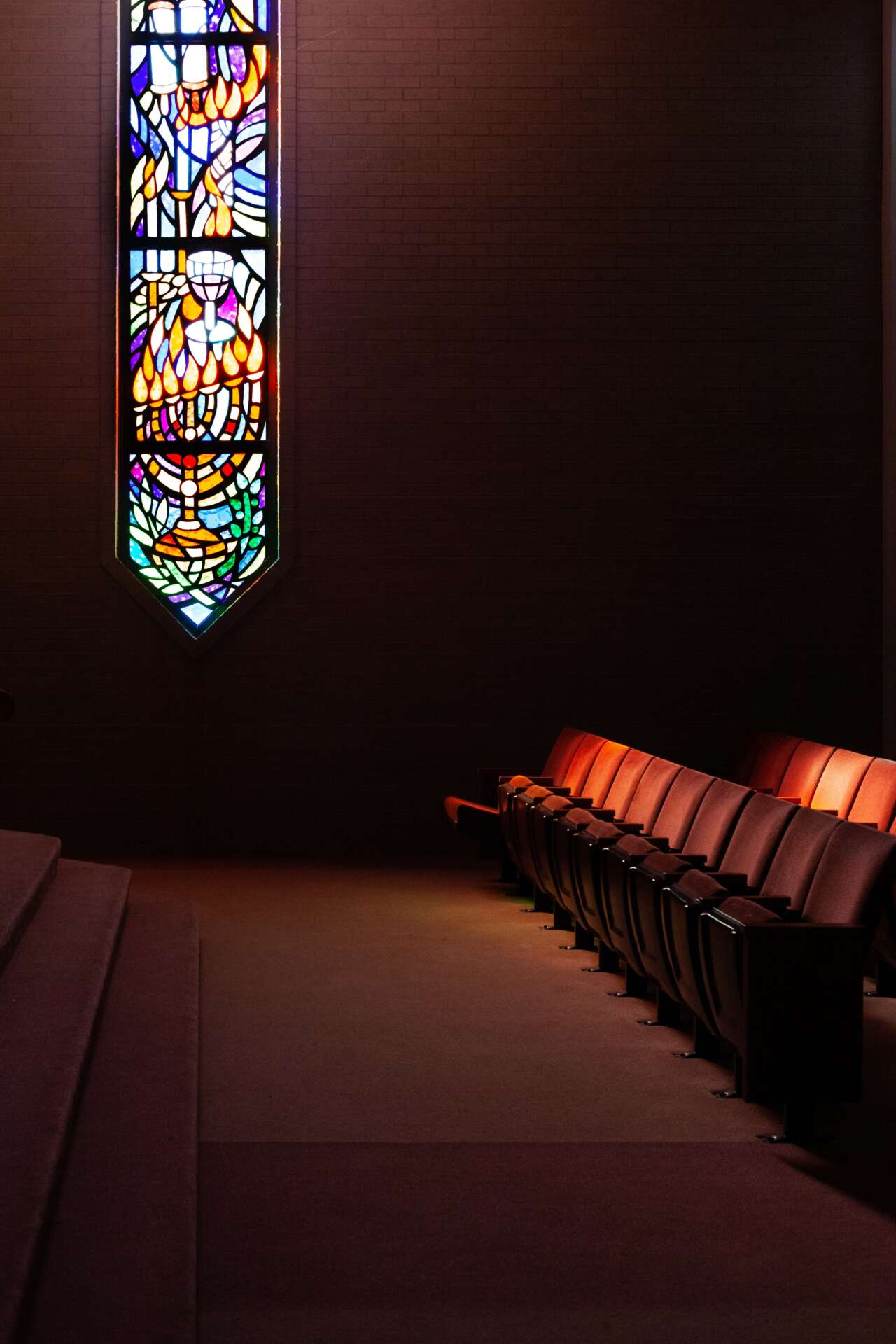
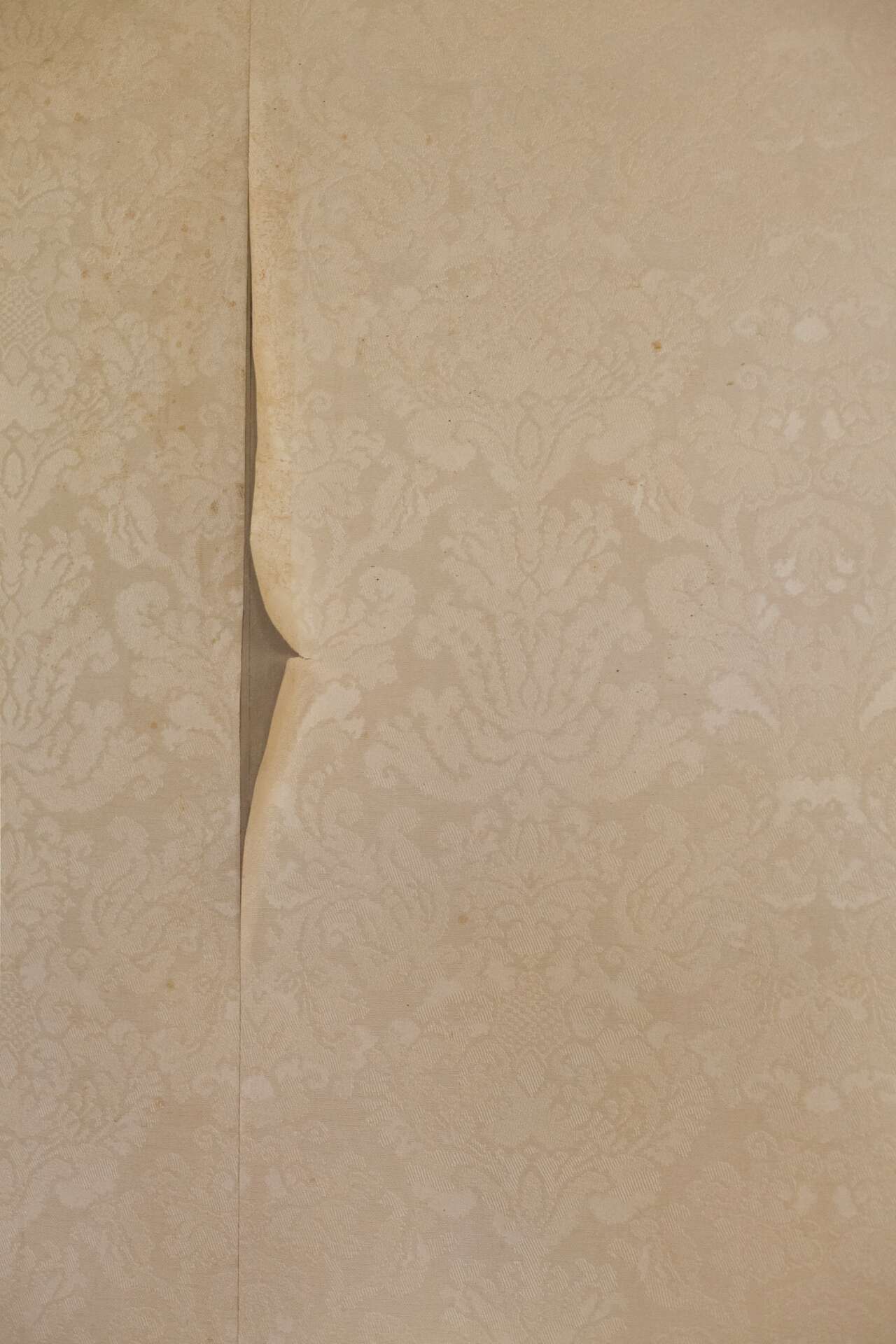
Contact Info:
- Website: https://erwilliamsphotography.visura.co/
- Instagram: @erwilliamsphoto
Image Credits
Raul Rodriguez


